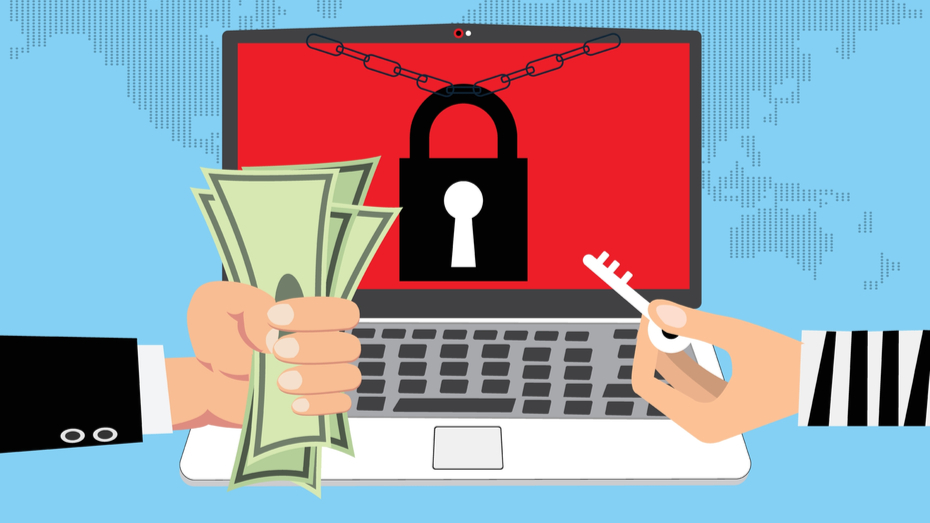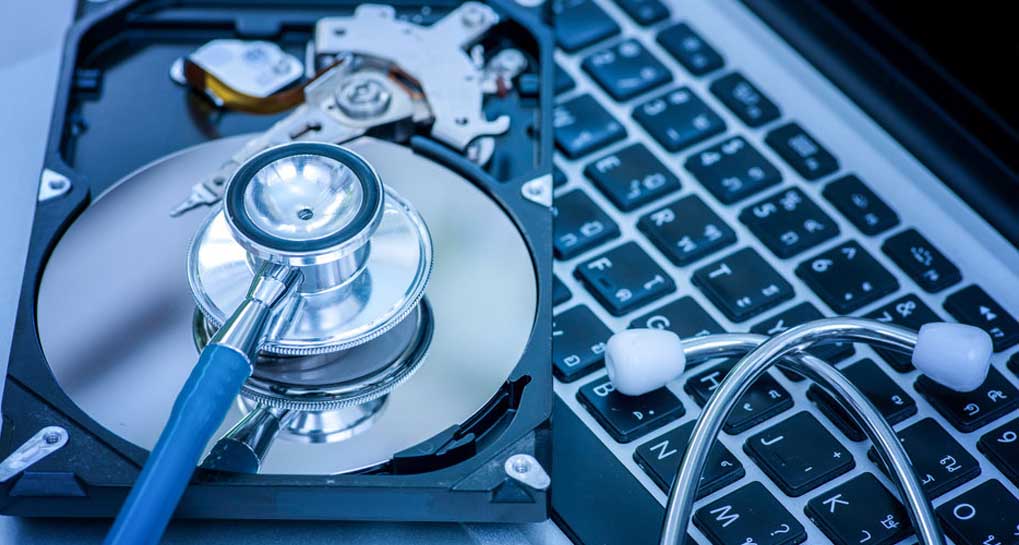Banking Abroad – Where to Go With Your Money
In banking abroad, first you need to pick a safe country for your funds, one that is not likely to have a revolution soon, and that is not suffering from 200% inflation every year that would soon dry up your funds into nothing.
Then pick a currency to invest in which is “strong” – that means if the value of the currency changes, it goes UP, not down, relative to the U.S. dollar. When a friend of mine left the U.S. a little while ago to spend a year in Europe, she bought travelers’ checks from an American company, but denominated in Deutsche Marks, not dollars.
That way, she did not have to worry about not being able to cash those checks if the dollar became weak and no foreign bank would want to change her dollar travelers’ checks into the local currency, as had happened a few years before,
Methods and techniques you should know
Keeping your money overseas usually means as a deposit in a foreign bank. Most large foreign banks in money centers like London or Switzerland can correspond in English, and if you write to them, they will give you whatever information you need to invest profitably…
Information like, different kinds of accounts available at their banks; interest rates paid (which vary according to the currency of your deposit, higher rates on riskier U.S. dollar accounts, lower rates on stronger Swiss francs); limitations, if any, on bringing currency in or out of their country; services the bank will provide for extra fees, like providing safe deposit boxes for gold bars, or investing your money through the bank into other countries.
Most people who send their money abroad send it to Switzerland, where bankers handle international investing for accounts all over the world, But Austria or London will do as well for most needs. There are also branches of foreign banks, in major U.S. cities, which will give you information on investing in their home branches, and in some cases will handle some of the forms and communications with the foreign bank for you.
If you communicate with overseas banks directly, it is often a good idea to have your signature notarized at an American bank, to give the foreign bankers some added assurance of your identification. These are some of the stuff you need to know when banking abroad.




